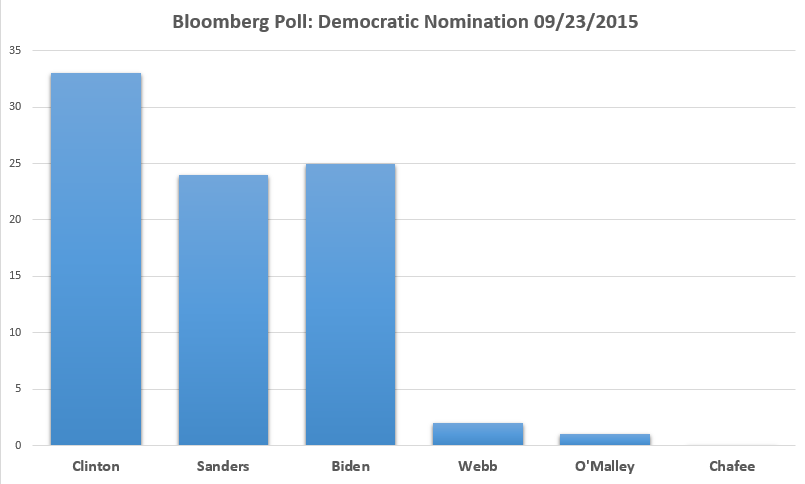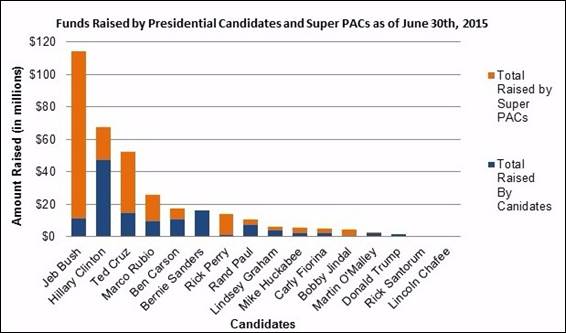Why Are Nearly 40 Million American Adults Not Using the Internet?

For most of use, the Internet is inescapable. We use the Web for everything from paying bills and writing emails to signing up for health insurance and watching our favorite shows.
However, a surprisingly large number of adults in the U.S. have resisted the siren call of the digital life. According to new data from Pew Research, 15% of the adult U.S. population is not online.
Who makes up this group of Internet naysayers? Here are some highlights:
- Unsurprisingly, adults aged 65 and older make up the largest single age group (39 percent) most likely to say they never go online.
- The higher the level of educational achievement, the greater the likelihood of Internet usage. For adults with less than a high school education, a third do not use the Internet.
- Household income is also a significant factor. Adults in the most affluent households are eight times more likely to use the Internet than adults in households with an income of less than $30,000 per year. Nineteen percent of the non-users cite the high expense of Internet service or owning a computer.
- Americans living in rural areas are twice as likely as individuals in urban or suburban regions to not use the Internet.
- As for race and ethnicity, 20 percent of blacks and 18 percent of Hispanics do not use the Internet, compared with 14 percent of whites and 5 percent of English-speaking Asian-Americans.
- While 34 percent of people who do not use the Internet choose not to, for others it’s not a choice, according to an earlier Pew report.
- Thirty-two percent say the Internet is too complicated or difficult to use.
Will Trump's Tax Cuts Really Happen? Economists Are Surprisingly Optimistic
Despite all the thorny questions swirling around President Trump's nascent tax reform plan, 29 of 38 economists surveyed by Bloomberg in a monthly poll said they expect Congress to cut taxes by November of next year.
The hitch: The economists don’t expect the cuts will help the economy much. The median projection of a larger group of 71 economists is for 2018 growth of 2.3 percent, up only slightly from 2.1 percent this year — and by 2019, the economists see growth slipping back to 2 percent.




